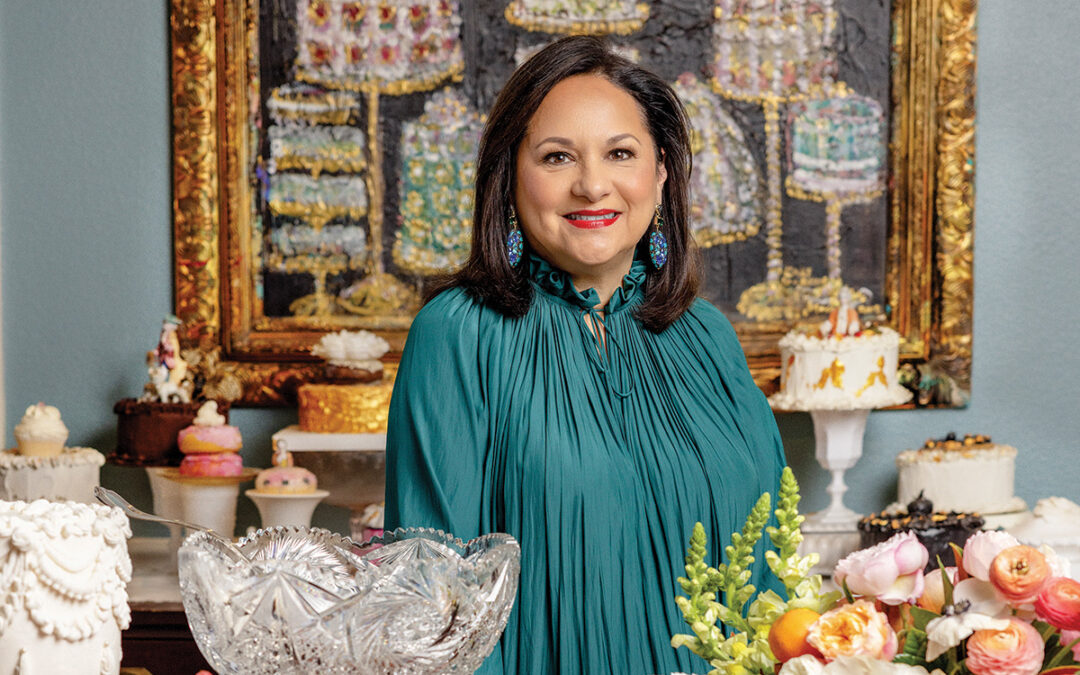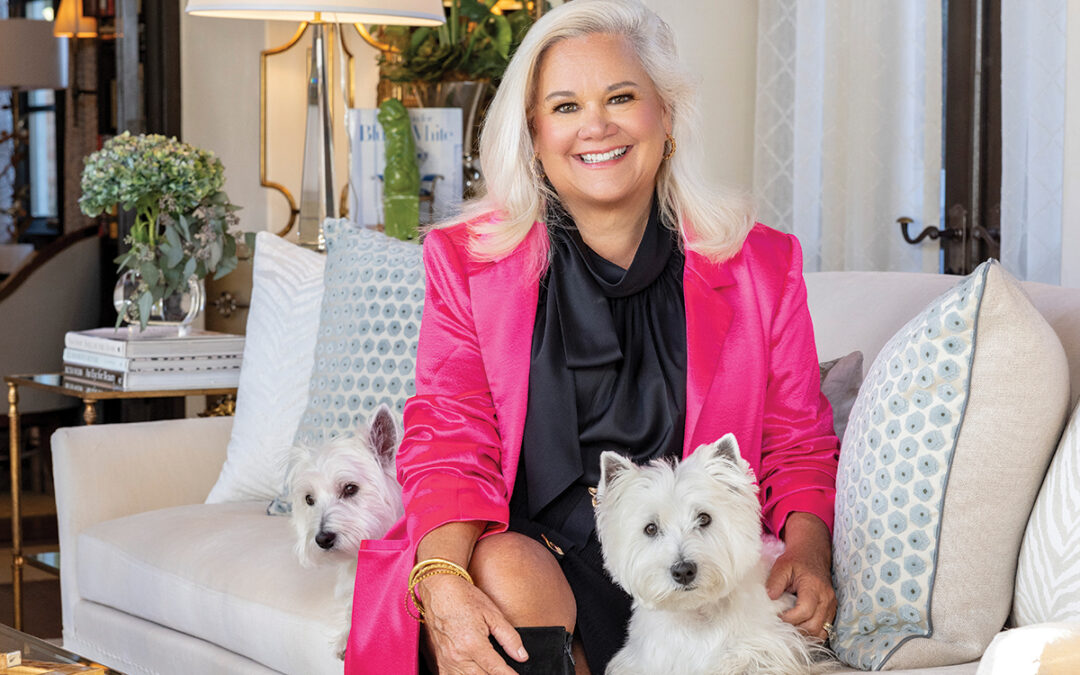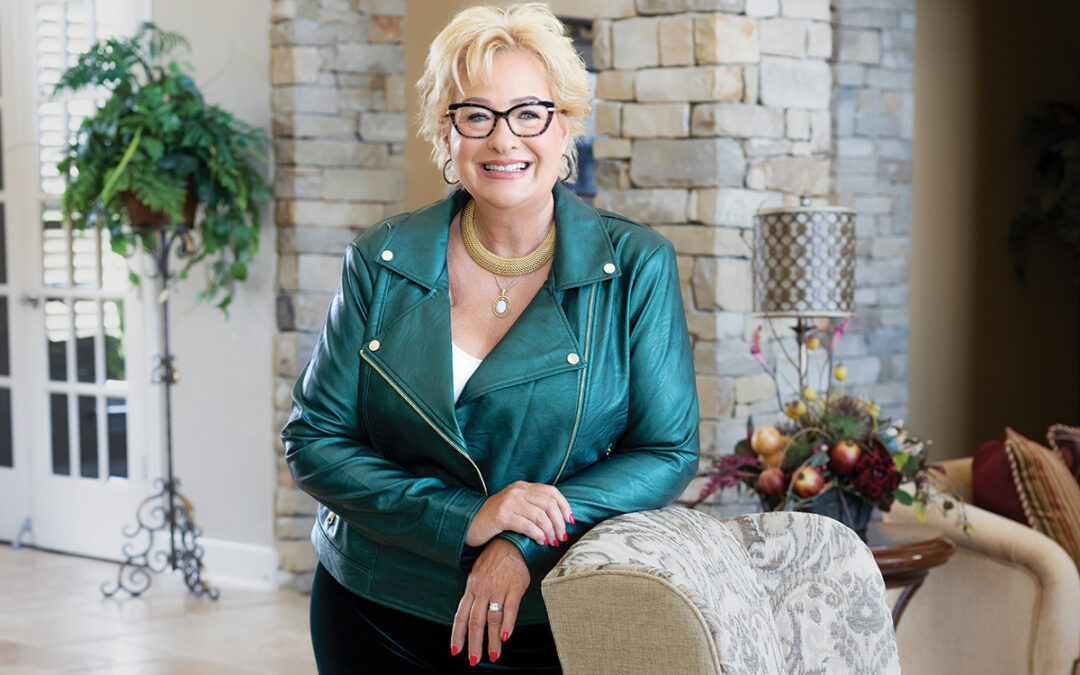Speaking to a group of fourth-year medical students at UT Health Science Center about HIV diagnosis and management, Dr. Ruth Berggren reviews basic knowledge about testing, therapy and disease transmission in different parts of the world, frequently interrupting herself to allow for questions. The nine fledgling doctors in the room are eager to participate. All have signed up for this elective course in global health because they will soon be visiting developing countries such as Ethiopia, Guatemala or Haiti.
In those places, medicine is often practiced with considerably fewer resources than in the United States and in different cultural milieus. At one point, Dr. Berggren pointedly mentions poverty as one of the factors contributing to the spread of infectious diseases such as AIDS. Why does poverty increase the risk of infection? she asks. The students venture a variety of answers, such as malnutrition, more likely contact with prostitutes, not using condoms, etc. The professor stops them there. “We perceive that condoms are cheap and effective, but they are not easily available in many parts of the world,” she explains. The issue may be further complicated by cultural or moral qualms.
What she witnessed in Gabon in 2004 is a good example of the dilemma a poor country may encounter. While she was visiting the Albert Schweitzer Hospital there, the institution was offered 50,000 dollars’ worth of expired condoms from Japan. AIDS has had a devastating impact on much of Africa, and there’s a severe shortage of condoms. Should the hospital have accepted the Japanese gift, considering that the goods were expired? What would you do? she asks. This will come up if you work overseas. Is it acceptable to use leftovers from a rich country? Some students say yes, others are not so sure. Discussion develops. And that’s exactly what Dr. Berggren wants them to do. “We need to get them prepared so they can understand the situations they will be walking into and be able to adapt,” she says. “We don’t want them to become a burden to the hosts. Medical students can be great educators, but we want them to do it with compassion and a willingness to learn from their hosts.” Global health is one of the disciplines Dr. Berggren has introduced to the medical curriculum at UTHSC since she became the director of the Center for Medical Humanities and Ethics (CMHE) a little over two years ago. Founded in 2002, CMHE strives “to be a leading center for educating medical students and health professionals in ethics and professionalism while nurturing empathy and humanitarian values.” In addition to building awareness of global needs, this mission is accomplished through teaching ethics as it applies to doctoring, through community service and through exposure to literature and the arts, which can help physicians nurture compassion and understanding of their patients.
To illustrate the need for the latter, Dr. Berggren shares with us something that happened to her own relatives. After her 3-year old nephew was discovered floating in a pool, he was taken to the nearest ER, but ultimately nothing could be done to save him. The physician in charge approached the boy’s parents and said, “Your child is dead. You may view the body or go home.” Was he ethical and professional? Yes, he did his job and acted professionally, but “something was missing,” says Dr. Berggren. And that something is compassion. “Doctors become hard,” she notes, “and it usually starts in the third year, when the medical students hit the wards (in the hospital). They respond to the hidden curriculum, adopting the behavior modeled for them by everyone from the interns to the attending (supervising physician) … they absorb the attitude that what matters is being right and efficient and not so much being empathic. That’s when the flame inside them starts to fade. Our programs are designed to keep the flame alive.” Judging by the response, the flame may be getting brighter. Since Dr. Berggren came on board, the center’s electives and enrichment programs have tripled in size.
Nevertheless, students do wonder if the humanitarian principles they are learning will be applicable in real situations. To which she has a two-fold answer: “I think physicians have a role in the larger society. I encourage them to get involved in health care discussion and reform and influence the environment in which they practice medicine. But even under the present constraints, I teach them to be intentional, to take a moment before they open that door (to the examining room) to think about how they want the patient to feel. The way they express themselves when talking to the patient, eye contact, listening — these things can go a long way toward communicating that you care.” An internist and infectious disease specialist by training, Dr. Berggren arrived in San Antonio three years ago with her husband, Dr. Tyler Curiel, who soon thereafter became the director of the Cancer Therapy and Research Center. (He recently resigned that position to focus on research.) Seven years his junior, she joined the faculty as an associate professor, teaching in her specialty, treating patients and pursuing research on HIV and hepatitis C. The couple relocated here after spending five years in New Orleans, which included a grueling period during Hurricane Katrina, but more about that later.
Once here, Dr. Berggren became aware of “things going on that did not exist in other medical schools,” she says. She was impressed when she heard Dr. Abraham Verghese, her predecessor at CMHE, lead a dialogue with the famous novelist Peter Matthiessen in a special program at the school. “I looked around at the audience, and everybody seemed involved and absorbed,” she recalls. “There was a sense of calm and peace. I was intrigued with the power of having this kind of cultural enrichment here. It took us back to what we are — human beings first.” When she learned of Verghese’s imminent departure, she was “upset.” What would happen to the cultural programs and the ethics courses, she wondered, and expressed that feeling to Verghese during a chance meeting at Starbucks. Sometime later, as her own devotion to her patients during Katrina became known, the dean of medicine, Dr. William Henrich (now UTHSC president), asked her to step into Verghese’s shoes. It didn’t take her long to say yes. She has since expanded the program to include global health, as noted above, as well as community service learning through which students care for the uninsured and underserved under the supervision of a qualified physician.
These areas represent “ethics in action,” says the professor. Her focus is now shifting toward documenting the effects of the various initiatives and assuring their sustainability. Slowly but surely, Dr. Berggren and her team — and she emphasizes that she’s not doing it alone — are bringing greater visibility to their unique enterprise. Following the global health class, as we linger on the sidewalk in front of the building, coming through the doors, a big smile on his face, is the UTHSC president himself. “Are you talking to our star here?” he asks me, indicating Dr. Berggren. A few minutes later, as we sit down for lunch in the cafeteria, I ask the simpatica doctora how it feels to be called a star by the top gun. With just a hint of hesitation she offers a well-phrased reply: “I am honored, of course. Everyone wants to work where they are needed and appreciated.”
FROM HAITI TO KATRINA
Considering her background, Dr. Berggren is probably the ideal person to lead a medical ethics institution. Born in Boston to medical missionary parents, she spent most of her formative years in Haiti on the grounds of the Albert Schweitzer Hospital founded by Schweitzer admirers Larimer and Gwen Mellon. Her parents, Drs. Warren and Gretchen Berggren, are credited with creating the first community health programs in that impoverished country back in the 1960s. Dr. Berggren remembers her childhood as “idyllic.” The roads may have been unpaved, but the neighborhood was safe, and the kids were allowed to roam freely. Most of the medical staff at the hospital shared her parents’ Christian commitment to help fellow human beings. “I was surrounded by adults who had felt compelled to leave everything familiar and plant themselves among destitute people in order to help them,” she notes. “We, the children, were socialized by people who talked about reverence for life on a daily basis.” The “reverence for life” that the doctor is referring to is the cornerstone of Schweitzer’s humanitarian philosophy, which earlier in the 20th century had compelled him to leave a comfortable life in Europe to establish a hospital in Africa. Returning to the United States at age 14, young Ruth experienced culture shock with more to come in medical school. “I thought all medical people were like the ones I knew in Haiti,” she says. Instead, she encountered physicians like her ophthalmology rotation attending, who informed his students that “everything in the world operates on fear and get,” fear that you may not get what you want and striving to get what you want. “He was a young attending, and there he was at Harvard, so proud of himself,” observes Dr. Berggren. “I was stunned and profoundly disappointed.” When time came for her to choose a subspecialty, the young internist picked infectious diseases because they so often impact the lowest socioeconomic strata of society.
A career that allows her to advocate for people who need her help can be very fulfilling, she says. While still in medical school, she met her husband just before traveling to Gabon as an Albert Schweitzer Fellow to get the kind of experience her global health students are seeking today. Once married, however, she pretty much followed Curiel as he moved from post to post in a steadily advancing career. That took her from Boston to Colorado and later to Dallas and New Orleans. In every job, she found a way to contribute to the community beyond her actual patients. While at UT Southwestern in Dallas, she pioneered a program for the treatment of hepatitis C in persons co-infected with HIV. And in New Orleans the doctor worked on implementing HIV care “in resource-poor settings.” During that time she also reconnected with Haiti by founding the Tulane MARCH program to prevent maternal-to-child transmission of AIDS in rural areas. And then Katrina struck. In August 2005, Dr. Berggren was the teaching physician on the infectious disease ward at Charity Hospital, working with an international team of residents who shared her philosophy of doctoring. The weekend of the storm she “was stunned to find out that all of them had fled the city. Not one showed up.” The care of 20 very sick people fell to her and the nurses. As the hurricane unleashed its fury, the building shook, rain came in horizontally through window seams, and ceilings became “mushy” from water leaks. Patients had to be moved to the hallway.
They all spent six days without electricity, clean water or proper bathroom facilities. Treating patients was reduced to keeping them safe and alive. Sometimes, all she could do was talk to them, but they were grateful for that and cooperative. One tried to console the doctor by assuring her that “God sees all of this.” In the middle of the misery, Dr. Berggren was offered a chance to be evacuated but refused to leave her patients. To make the horror worse, the first attempts at evacuation were stopped by snipers shooting at patients and medical personnel. In an enterprising move, Dr. Berggren managed to reach Sanjay Gupta at CNN, who showed up in New Orleans with a TV crew. After that, help came swiftly. Her husband and son weathered the storm across the street in the Tulane Medical School building. Daughter Megan had evacuated earlier with friends. Nowadays the family enjoys the sunnier side of life in San Antonio. The Curiels have an interfaith marriage, with the children being raised in the Jewish faith of their father. “I was the more ecumenical one,” explains Dr. Berggren.
“I could see a lot of similarities between the Jewish and Christian traditions, and I didn’t want the kids to grow up in a vacuum. My kids say that I am the best Jew in the family.” Asked if San Antonio will be their home for good, she diplomatically tries to evade the question at first. Pressed, she admits that she would love to stay. “My husband is aware that this job is my favorite of all the jobs I have ever had,” she says. “Our center is unique; it has all the elements that I love.”









0 Comments